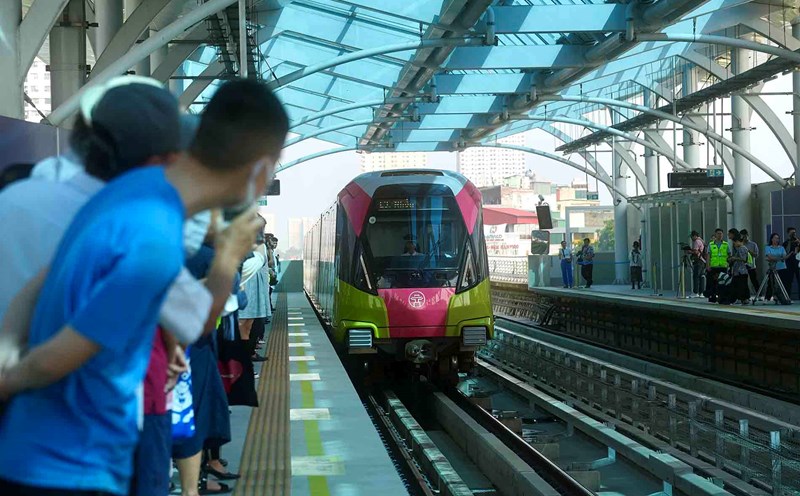Eating too much at dinner will increase the burden on the digestive tract and prolong the digestion and absorption of food. If excess calories are not consumed in time, they will be converted into fat and stored. This can cause blood sugar levels to rise at night and affect fasting blood sugar levels the next day.
You should eat until you are about 70-80% full for dinner. You can use smaller food settings when eating, control your food intake through visual signals, chew slowly and give your brain enough time to receive fullness signals to avoid overeating.
For example, a bowl of whole congee, a portion of stir-fried vegetables and a small portion of steamed fish. This combination can provide enough nutrients and a feeling of fullness without burdening the body.
Dinner should not be eaten too late, should end around 6pm-7pm. This will give the digestive tract enough time to digest, avoiding the situation where the digestive tract still has to work while sleeping, affecting sleep quality and regulating blood sugar levels.
If you eat dinner too late and go to bed before the food is fully digested, blood sugar will increase at night and it will be difficult to control blood sugar on an empty stomach the next day.
In addition, regular eating hours help establish a stable biological clock and also have a positive impact on regulating blood sugar levels in general.











